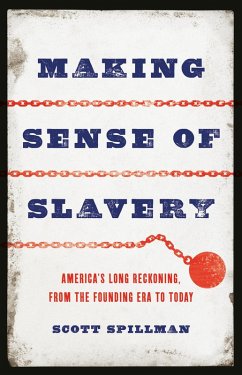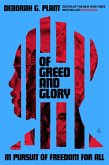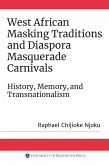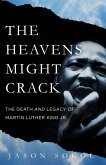An "essential" (James Oakes, author of The Crooked Path to Abolition) history of the study of slavery in America, from the Revolutionary era to the 1619 Project, showing how these intellectual debates have shaped American public life In recent years, from school board meetings to the halls of Congress, Americans have engaged in fierce debates about how slavery and its legacies ought to be taught, researched, and narrated. But since the earliest days of the Republic, political leaders, abolitionists, judges, scholars, and ordinary citizens have all struggled to explain and understand the peculiar institution. In Making Sense of Slavery, historian Scott Spillman shows that the study of slavery was a vital catalyst for the broader development of American intellectual life and politics. In contexts ranging from the plantation fields to the university classroom, Americans interpreted slavery and its afterlives through many lenses, shaping the trajectory of disciplines from economics to sociology, from psychology to history. Spillman delves deeply into the archives, and into the pathbreaking work of scholars such as W. E. B. Du Bois and Annette Gordon-Reed, to trace how generations of Americans have wrestled with the paradox of slavery in a country founded on principles of liberty and equality. As the debate over the place of slavery in our history rages on, Making Sense of Slavery shows that what is truly central to American history is this very debate itself.
Dieser Download kann aus rechtlichen Gründen nur mit Rechnungsadresse in A, B, BG, CY, CZ, D, DK, EW, E, FIN, F, GR, HR, H, IRL, I, LT, L, LR, M, NL, PL, P, R, S, SLO, SK ausgeliefert werden.









